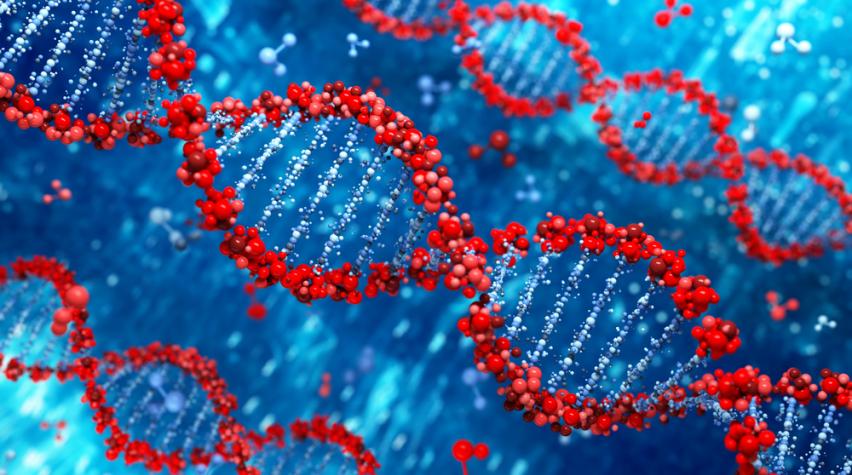
A group called the Global Alliance for Genomics and Health (known as the Global Alliance) wants to maximize the use of genetic data by creating a responsible way to share it with researchers around the world through the Internet. As complex genetic work becomes cheaper and faster, one of the greatest barriers is that so much data is being produced only to remain freestanding and inaccessible to a variety of researchers who could advance one another’s work and, eventually, medical advances.
The group, whose members range from those in medical science and research to Internet giant Amazon, has established a framework for responsible sharing of genomic and health-related data. The framework contains foundational principles and core elements for responsible data sharing, and is guided by human rights, including privacy, non-discrimination, and procedural fairness.
Rather than create a new system in which to store and exchange data, the group works to create applications programming interfaces (APIs), which is essentially software that allows different databases to communicate with one another. (See more about this work here.)
Sharing data, not sequestering
The group was formed out of a concern for data sequestering, which was seen as a threat to scientific advances. MIT’s Technology Review recently described the group’s origins as follows:
The alliance was conceived two years ago at a meeting in New York of 50 scientists who were concerned that genome data was trapped in private databases, tied down by legal consent agreements with patients, limited by privacy rules, or jealously controlled by scientists to further their own scientific work. It styles itself after the World Wide Web Consortium, or W3C, a body that oversees standards for the Web.
Technology Review also noted that while “DNA information from as many 100,000 volunteers” was used to search for genetic links to various diseases, those quantities are simply not enough to fuel discovery. David Altshuler, deputy director of the Broad Institute in Cambridge and chairman of the Global Alliance, told Technology Review, “You are going to need millions of genomes.”
For more information about this project, see the article in Technology Review, as well as the Global Alliance website.


